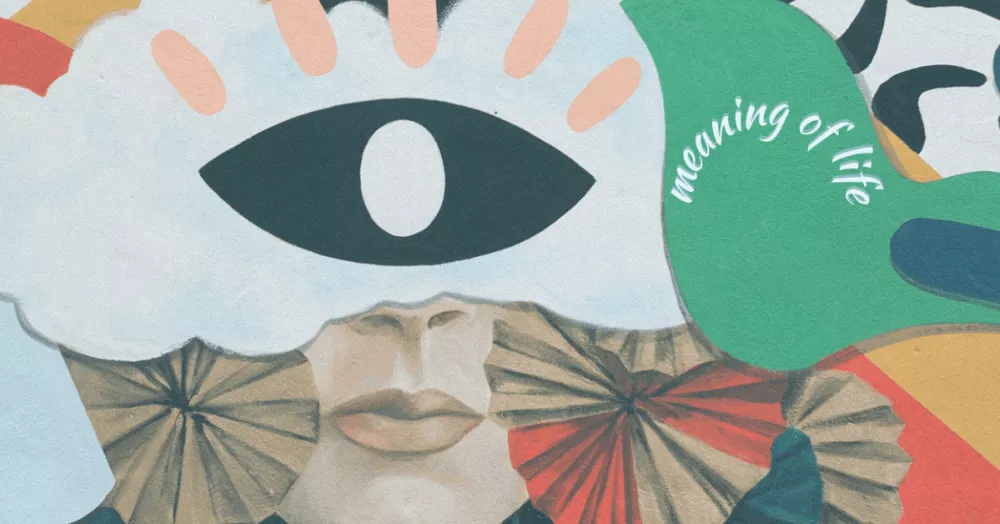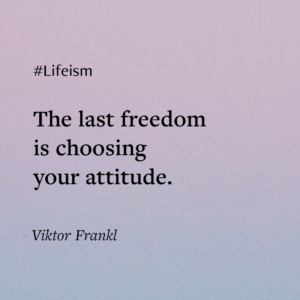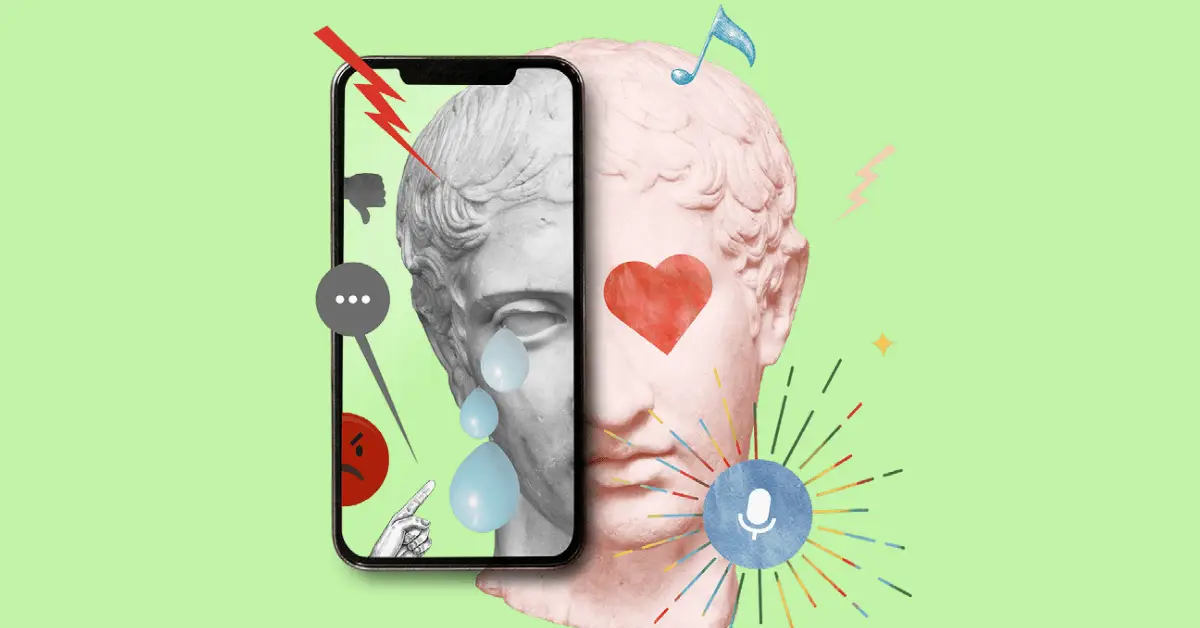3 Ways to Find the Purpose of Life
The big questions of life can seem monumental and confusing. If you are struggling to find your life's purpose, then start here.

We often contemplate the meaning of life. We wonder why we are truly here. While there are a million ways to approach this question, there is fundamentally one answer that keeps coming up in many religious and scientific theories. The dominant theory that most believe in is that life in itself is meaningless. But the meaning we assign to our lives is the true meaning of life. If you are interested in reading more about this topic, we recommend you see our article on "Living a Life of Meaning" below.
What is the meaning of life? We’ve all asked this question at some point in our lives. In this post, we explore a possible answer to this deep question.
lifeism.coOnce know the meaning of life, the question remains - how do we find meaning in our life? While some of us are blessed with a clear vision, many of us are living one day at a time, unsure of our larger purpose and goal in life. This is completely normal and every one of us goes through this phase in life.
In fact, we should welcome these questions and dig deeper into what we truly want. If this is a question that keeps coming up for you, it's probably because you are not happy about your choice of meaning. This question may come up for some of us when we've reached the goal we set out to achieve after years of work. And now we are not sure what it means to be us. Since our meaning of life is intimately attached to our identity, we often experience a mini-crisis when we are deliberating this question.
Loss of identity and self can manifest in many ways throughout our lifetime. Here is why it happens and what you can do about it.
lifeism.coKnowing our purpose and meaning in life helps in solving half of our mental and emotional anxieties. So how do we go about finding meaning in our lives? How can we find what we are truly looking to achieve in our lifetime? According to the renowned philosopher, neurologist, author, and Nazi concentration camp survivor, Viktor Frankl, there are three ways to find meaning in our lives:
Creating Work / Doing a Deed
You can find meaning in your life by contributing something to the society that did not exist until you created it. For instance, by doing the work that you believe in, making a piece of music, creating a medicine that did not exist, or even writing a piece of content that did not exist before you actually wrote it. When you try to find your meaning in life in this way, there is often a creative value attached to it.
A New Experience or Meeting Someone
Another way of finding meaning in life is via a new experience. Remember the first time you tried your favorite hobby? What did that feel like? The first time you fell in love? When we experience something deeply, we tend to gravitate towards it and it can help us in finding meaning in our lives. For instance, if you got the feeling of freedom when you rode a bike for the first time, your meaning of life can be associated with it. Riding for cancer (or any other cause), making riding your profession, or just teaching how to ride to others so they can experience that same feeling. A new experience led you to create meaning in your life.
Unavoidable Suffering
Many times, we question the meaning of our lives when we are going through the hardest parts of our lives. But remember that in that suffering, there may be meaning. If you failed at something professionally and that is the source of your suffering, then maybe your meaning in life is to help others not fail in their venture. Or if your heart was broken, then it is so because you were meant to help a friend get through it in the future. According to Viktor Frankl, pain and suffering are not pointless. If we look closely, we go through them because there is some meaning in it. For instance, in the case of Frankl himself, he believed that his suffering in concentration camps had meaning. He was meant to test his psychological theories and write about them so he can help millions of people heal from their suffering and prove his theories.
According to Frankl, if we look at these three suggestions, and inspect our lives closely, we are bound to find multiple meanings of our lives. He also added that while we may not be able to control what happens to us in our lives, we can control how we choose to respond. While none of us get to choose our destinies, we can choose what to do with our life.
Inner Freedom
So how can we be free if we have no control over our own lives? While we all desire freedom, what does it mean to be truly free?
According to Viktor Frankl, true freedom is the choice of our attitude. The ability to choose. It is our response to the situation that we are experiencing. True freedom is not physical, it is often spiritual, emotional, and almost always, comes from within. Go over the 3 ways in which you can find meaning. Either in work, experiences, or in suffering. Can you find meaning in what you are going through right now in your life?
We've talked about Viktor Frankl throughout this article. If you did not know already, Viktor Frankl is an authority in this area. He pioneered Logotherapy – a new school of psychotherapy. He was also a philosopher, neurologist, author, and Nazi concentration camp survivor. He published 39 books in his lifetime, all with deep insights. We hope that this article was helpful in getting you started on your journey of discovery. We hope that it gave you some ideas about how to approach your life. If you think that this article was helpful, we recommend that you read the book. It details the strategies outlined here in-depth. This article is based on one of his first books, “A Man’s Search for Meaning.”

So, if you are going through a rough patch, know that you still have control over your response to the situation you are in. You are not powerless. You can still be yourself just by changing your reaction and by finding meaning in your struggle, pain, and suffering.
If you have gone through a particularly difficult phase in life and found this article useful then please do let us know in the comments. If there are other resources that helped you, mention those, too. So other readers can also explore them and learn from them.










Comments